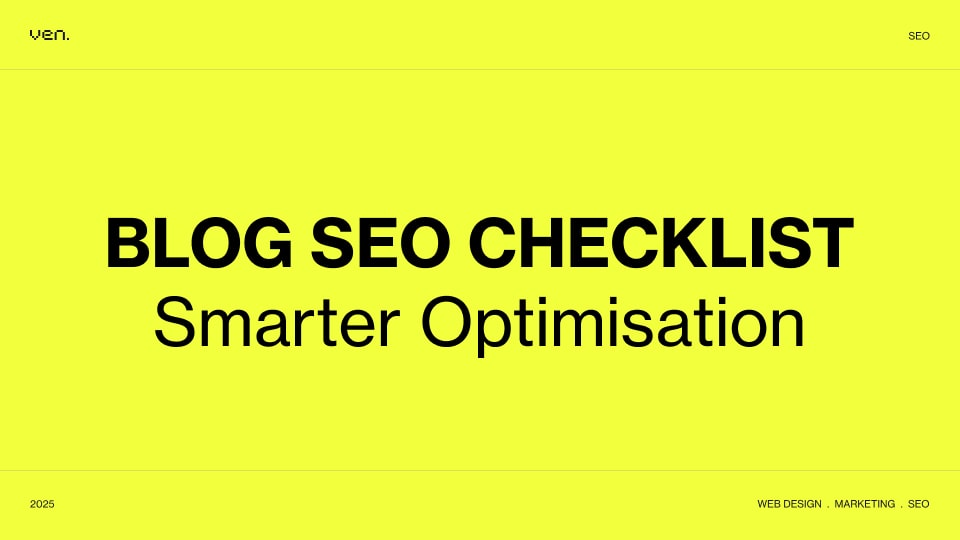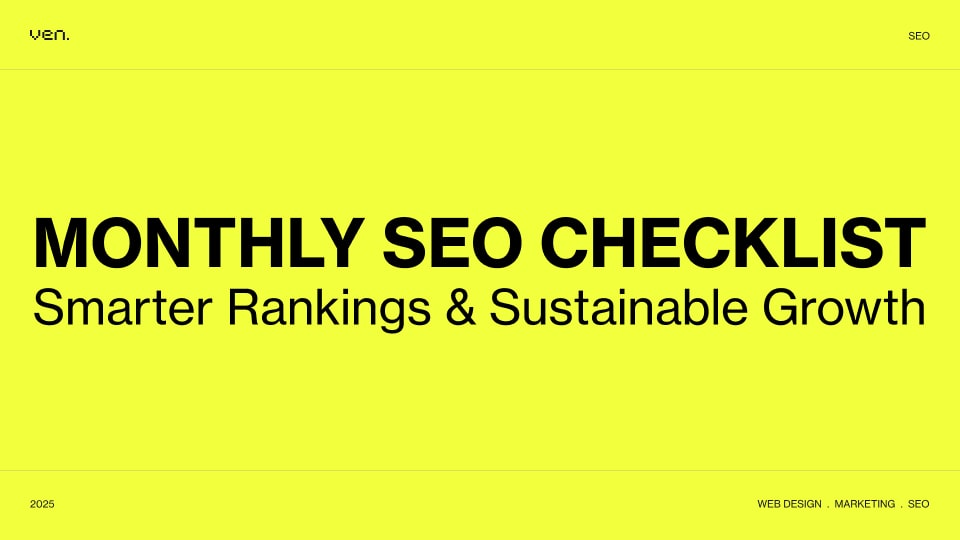In today’s digital age, eCommerce has become a crucial component for small businesses looking to expand their reach and boost sales. With the right platform, even the smallest enterprises can compete on a global scale. Let’s explore some of the top eCommerce platforms available for small businesses in 2024, each offering unique features to help you succeed online.
The Rise of eCommerce Platforms
Before we dive into specific platforms, it’s worth noting why eCommerce platforms have become so popular, especially for small businesses:
- Faster Time to Market: These platforms allow businesses to launch online stores quickly, adapting swiftly to market changes.
- Cost-Effective: They eliminate the need for expensive custom development, freeing up resources for other business areas.
- Comprehensive Features: Most platforms come equipped with essential tools like inventory management, payment processing, and marketing features.
- Streamlined Maintenance: Updates and security patches are typically handled by the platform, reducing the technical burden on business owners.
Leading eCommerce Platforms
| Platform | Key Features | Pros | Cons |
|---|---|---|---|
| WordPress + WooCommerce |
|
|
|
| Shopify |
|
|
|
| Squarespace |
|
|
|
| BigCommerce |
|
|
|
Choosing the Right Platform
When selecting an eCommerce platform, consider the following factors:
- Your technical skills and resources
- Budget constraints
- Specific feature requirements (e.g., inventory management, marketing tools, CRM integration)
- Scalability needs
- Design and customisation preferences
- Payment processing and transaction fee considerations
It’s crucial to thoroughly evaluate each platform’s offerings against your business needs. Many platforms offer free trials, which can be an excellent way to test their functionality before committing.
Step-by-Step Guide to Choosing the Best E-commerce Platform for Your Small Business
Step 1: Identifying Unique Business Needs
Before you start window shopping for platforms, take a moment to reflect on your business needs. Ask yourself:
- What products am I selling?
- How many items will be in my inventory?
- Do I need features like customisable product options or digital downloads?
Remember, your eCommerce platform should fit your business like a glove – or at least like those jeans you refuse to throw out because they’re “vintage”.
Step 2: Research and Compare Platforms
Now that you know what you need, it’s time to play the field. Popular options include Shopify, WooCommerce, and BigCommerce. Compare their features, pricing, and user reviews. It’s like creating a pros and cons list for potential platforms – minus the “good sense of humor” requirement.
Step 3: Consider Scalability and Growth
Think big! Choose a platform that can grow with your business. According to a study by BigCommerce, 80% of businesses consider scalability a crucial factor when selecting an eCommerce platform. You don’t want to outgrow your digital home faster than a teenager outgrows their shoes!
Step 4: Examine Security Features
Security is no joke when it comes to online business. Look for platforms offering SSL certificates, PCI compliance, and regular security updates. Your customers’ data should be as safe as grandma’s secret cookie recipe.
Step 5: Test User Experience (Admin and User Interface)
A good platform should be easy to use for both you and your customers. Navigate through the admin panel and storefront. If it feels like you’re trying to solve a Rubik’s cube blindfolded, it might not be the right fit.
Step 6: Review Integration Capabilities
Your eCommerce platform should play well with others. Check if it integrates with your preferred payment gateways, shipping providers, and marketing tools. It’s all about building a harmonious digital ecosystem – think of it as the Avengers of your online business world.
Step 7: Using Free Trials and Demos before Decision
Before you put a ring on it (or in this case, your credit card details), take advantage of free trials and demos. It’s like test-driving a car, but with less risk of accidentally denting the bumper.
Remember, choosing an eCommerce platform is a big decision, but it doesn’t have to be overwhelming. Take your time, do your research, and don’t be afraid to ask for help.
The Case for Custom Web Development
While eCommerce platforms offer many benefits, some businesses may find that a custom-built solution better suits their needs. Custom web development can provide:
- Tailored functionality specific to your business model
- Enhanced performance optimisation
- Greater control over design and user experience
- Improved scalability for unique business requirements
- Customised security measures
However, custom development typically requires a larger upfront investment and ongoing maintenance. It’s best suited for businesses with specific needs that off-the-shelf solutions can’t adequately address. Additionally, custom development offers greater scalability, allowing businesses to adapt and expand their systems as they grow and their requirements evolve.
Conclusion
Whether you choose a popular e-commerce platform with a variety of website themes and page builder options, or opt for custom development, the key is to select a solution that aligns with your business goals, technical capabilities, and budget. Each option has its merits, and the best choice will depend on your specific circumstances.
Remember, the eCommerce landscape is constantly evolving. Stay informed about new features and updates to ensure your online store remains competitive and effective in meeting your customers’ needs.
FAQ
Which Niche Is Best for E-commerce?
1. Organic Health and Beauty Products: Because who doesn’t want to look fabulous while saving the planet, right?
2. Home Fitness Equipment: For those who want to get ripped without leaving their living room. Pandemic gains, anyone?
3. Pet Supplies and Supplements: Because Fluffy deserves the best, and pet parents are willing to pay for it.
4. Subscription Boxes: The gift that keeps on giving (and earning you money).
5. Eco-Friendly Products: Save the turtles and make some green while you’re at it!
6. Home Decor and Office Supplies: Making WFH life a little more bearable, one fancy pen at a time.
7. Digital Educational Content: Because learning never goes out of style, especially when it’s online.
What Is The Best E-commerce Platform for Beginners?
• Features: Easy setup, user-friendly, extensive app store for social media, marketing, and sales.
• Ideal for: Beginners and professionals.
2. Squarespace:
• Features: Easy to use, cost-effective for creating online stores.
• Ideal for: Beginners looking for simplicity and affordability.
3. WooCommerce:
• Features: Highly customisable, easy product embedding, supports unlimited products.
• Ideal for: Cost-effective option for beginners with some technical skills.
Key Considerations for Beginners:
• Ease of use
• Product range
• Customer support
• Budget
• Social media integration
Recommendation:
Choose a platform that matches your business needs and offers a balance between simplicity and features. Many platforms offer free trials, so you can test them before making a commitment.
Will I Be Charged Transaction Fees?
What Level of Customer Support Is Available With E-commerce Platforms?
1. 24/7 Support: Page builder platforms like Shopify and Squarespace offer round-the-clock assistance. It’s like having a tech-savvy friend who never sleeps!
2. Community and Documentation: Open-source platforms like WordPress offer extensive self-help resources, making them ideal if you enjoy solving puzzles and don’t mind a bit of DIY troubleshooting. However, if you have a partner agency, your customer support will primarily rely on the expertise and assistance of that agency.





